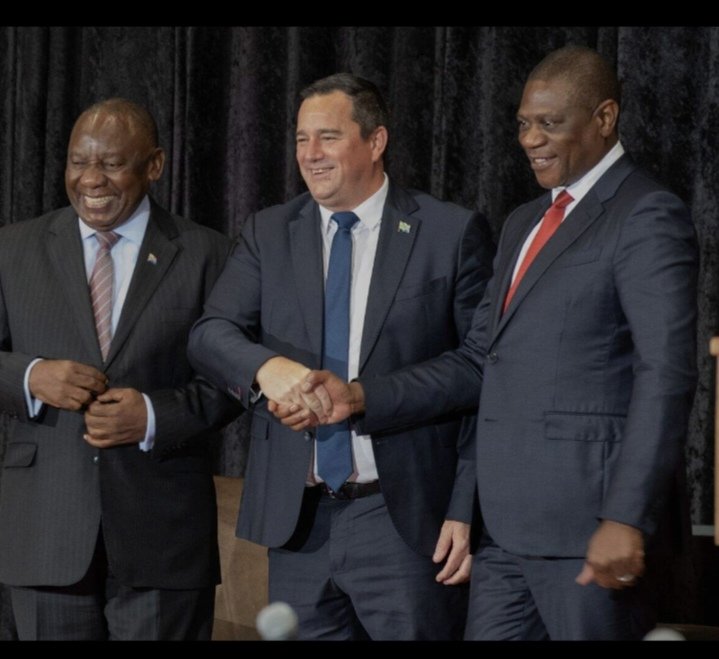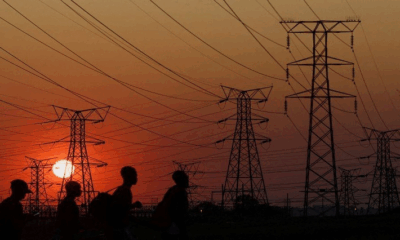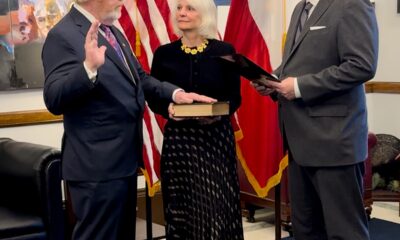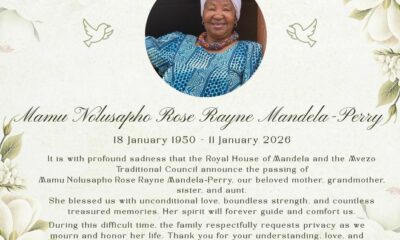News
Coalition Politics in South Africa: Unity or Just a Marriage of Convenience?

A new report has lifted the lid on South Africa’s coalition governments and the picture isn’t exactly rosy.
Coalitions are here to stay, but they’re far from stable
Since the May 2024 elections, coalition governments have become the new normal at local, provincial, and even national level. The ANC, bruised by dropping to just 40% of the vote, stitched together a Government of National Unity (GNU) with an unlikely mix of partners, including the DA to keep its grip on power.
On paper, it looked like a fresh start. In practice, the Coalition Barometer II study shows these alliances are often less about shared vision and more about political survival. Parties use their positions in coalitions to test boundaries, challenge one another, and still reap the benefits of being “inside the tent.”
A calmer surface, but tensions run deep
The report notes a “relative calming” in some local coalition arrangements, but don’t mistake that for harmony. Intra-coalition rivalry is alive and well, with parties trading political blows while publicly insisting they’re committed to the alliance.
Even the national GNU, meant to be a grand symbol of unity has been plagued by policy clashes, most notably between the ANC and DA. The drama plays out in public, but neither wants to be seen as the one who breaks the deal. They’ve both “pulled back from the brink” more than once.
Strange bedfellows and political contradictions
The study highlights some eyebrow-raising partnerships. In certain provinces, the ANC has teamed up with the Freedom Front Plus. In other places, the DA and EFF, usually bitter rivals have found common ground.
These alliances often ignore ideological differences for the sake of local dynamics, proving that in South African politics, pragmatism often trumps principle.
The cracks in service delivery
While politicians spar, ordinary residents are left waiting for basic services. The report warns that municipalities under coalition control are struggling to meet rising demands. Ageing infrastructure, limited budgets, and political instability mean many communities are seeing promises outpace delivery.
The result? Growing frustration, declining trust, and councils scrambling to keep up.
ANC still holding the centre
Despite its reduced majority, the ANC has managed to maintain a leadership role nationally, using the GNU to consolidate power and rebuild its image ahead of future elections. Political analyst Susan Booysen notes the party has no intention of handing over control “on a platter.”
For smaller parties, being in coalition with the ANC offers visibility and influence they could never achieve alone, but it’s a double-edged sword. Some are beginning to realise that their association could hurt them in the next election.
The road ahead
Coalitions may be the future of South African politics, but the Barometer II report makes it clear: without stronger frameworks, better dispute resolution, and a real commitment to service delivery, these “unity” governments will remain fragile.
For now, the uneasy partnerships hold, but the question remains: are they a stepping stone to better governance, or just a marriage of convenience keeping the same power players in the game?
{Source: The Citizen}
Follow Joburg ETC on Facebook, Twitter , TikTok and Instagram
For more News in Johannesburg, visit joburgetc.com



























